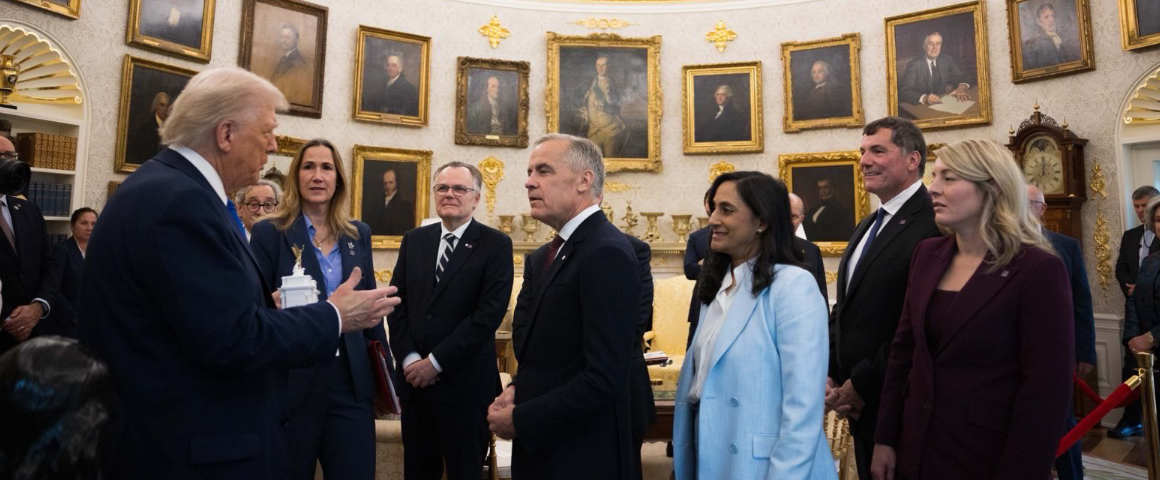PV Culture Bureau
In what is being called the largest cultural boycott since the South African anti-apartheid movement and deemed “historic” by the BDS (Boycott, Divestment, Sanctions) movement, thousands of writers and book workers have taken a step that is engineered to contribute to the strategic isolation of the Israeli state and an end to the genocide of Palestinians, and to the brutal apartheid conditions under which they live.
Some of the biggest names in the publishing world, including Dionne Brand, Annie Ernaux, Arundhati Roy and Judith Butler, have signed on to the campaign. The commitment was launched on October 28 by more than 1000 writers, predominantly from the US, Britain and Canada, calling for fellow writers and the publishing world at large to refuse collaboration with Israeli publishing institutions that are complicit in the ongoing dispossession of the Palestinian people.
The campaign is in alignment with the principles of PACBI (the Palestinian Academic and Cultural Boycott of Israel), the cultural component of BDS, the Palestinian civil society initiative that launched 20 years ago, made up of trade unions, academics and cultural workers inspired in part by the anti-apartheid movement that helped to bring down South Africa’s racist apartheid regime. While BDS handles economic isolation, PACBI’s focus is on culture.
The letter garnered unprecedented support throughout the publishing sector within just the first few days of its release, with over 6500 individual commitments from authors, book workers and publishing institutions flowing in.
Organized by Palestine solidarity groups Palestine Festival of Literature, Writers Against the War on Gaza, Publishers for Palestine, Book Workers for a Free Palestine, Fossil Free Books and Books Against Genocide, it was launched in LitHub, with favourable coverage appearing in the Guardian and Democracy Now. It quickly sparked a high-profile debate and attacks, with a counter-petition initiated by pro-Israel lobby group Creative Community for Peace and frantic op-eds and articles emerging in the Times, New York Times, Wall Street Journal and Hollywood Reporter – all using the exhausted refrain that such boycotts are attacks on free speech and fueled by antisemitism. The high-profile nature of these attacks only speak to the effectiveness of the campaign.
The initial letter is absolutely clear: complicit Israeli publishing institutions are defined as those that have failed to denounce the occupation and apartheid state that Palestinians live under, and have failed to acknowledge the fully enshrined human rights of Palestinians under international law, including the right of return. An Israeli publishing institution can become non-boycottable by filling those two basic demands.
The constant refrain of the attacks on this type of Palestine solidarity is that limiting dialogue will not bring about progress – an equalization that places the onus on the oppressed to dialogue with their oppressors. These same detractors crying out for free speech have seemingly nothing to say, however, about the silencing impact of generations of erasure of Palestinian voices through decades of ethnic cleansing, imprisonment, killings and the targeting of cultural institutions including those that carry the written word: publishers, libraries, archives and the deliberate targeting of journalists and literary figures. This form of silencing and erasure, it seems, is not worthy of note.
The BDS movement is also clear on the issue of normalization: in any kind of dialogue that places Israelis and Palestinians on a platform together, the Israeli side must publicly recognize the legally enshrined rights of Palestinians to be free from military occupation and apartheid, and to secure their refugee rights to return home. Normalization undermines international solidarity, and according to BDS, “It forces us to coexist ‘normally’ and unethically with the crime against humanity of apartheid and the dehumanizing conditions of settler colonialism.”
This is a statement that, in the Canadian context, resonates with the claims of reconciliation, where the rhetoric of the state on the rights of Indigenous peoples, and its overtures to “dialogue” sit in opposition to the lived realities of Indigenous peoples of many nations who continue to be oppressed by the laws of Canada.
In 1989, the South African national liberation movement’s African National Congress position paper on the Cultural and Academic Boycott read:
“Inspired by the example of the other organised formations of our people, the various artistic disciplines have begun to organize themselves into collectives in order to fight, together with other sectors of our society, to secure their economic, political and other aspirations as cultural workers. The pioneers in this field have been the writers and musicians, whose organized bodies already play a not insignificant role in the Mass Democratic Movement.”
The dismantling had slowly begun, and in 1994, after four long decades of struggle, South Africa’s apartheid regime officially fell.
In a 2022 interview Omar Barghouti, co-founder of the BDS movement and a former participant in the South African anti-apartheid struggle, said of the Palestinian people, “Our South Africa moment is nearing.”
Let us hope that as other forms of international pressure mount, this moving mobilization by publishing workers to refuse collaboration with Israeli cultural institutions complicit in the occupation, apartheid and genocide of Palestinians continues to grow, hastening the moment Barghouti speaks of – the end of Israeli apartheid and the freedom of the Palestinian people.
The letter is available here.
[Image: PACBI logo]
Support working-class media!
If you found this article useful, please consider donating to People’s Voice or purchasing a subscription so that you get every issue of Canada’s leading socialist publication delivered to your door or inbox!
For over 100 years, we have been 100% reader-supported, with no corporate or government funding.




